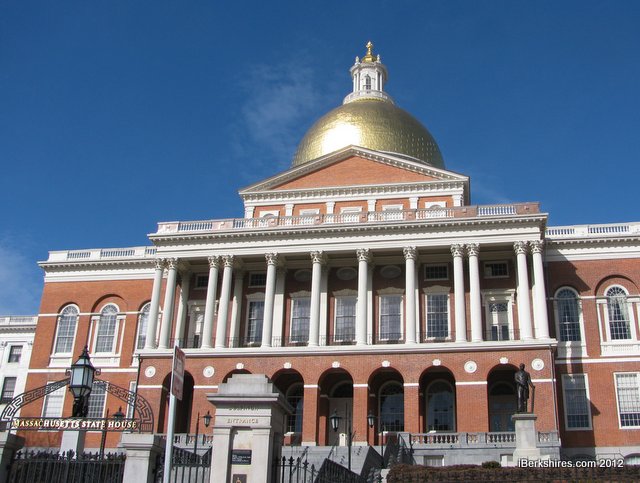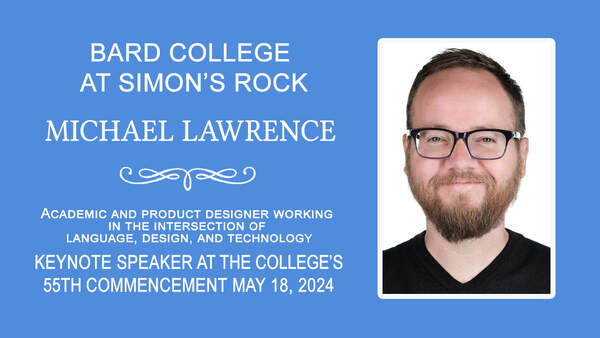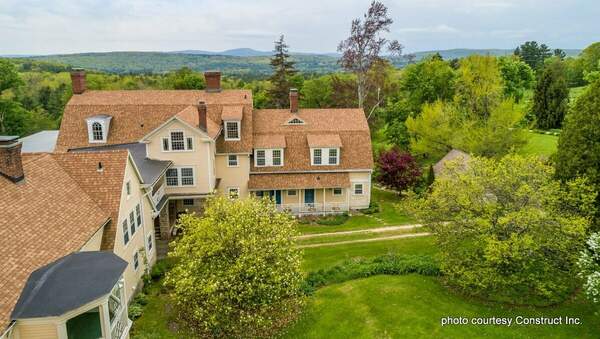Gov. Patrick Vetoes Transportation Bill
|
The battle on Beacon Hill is about replacing revenue from the loss of tolls in 2017. |
PITTSFIELD, Mass. — Gov. Deval Patrick again vetoed the transportation finance bill as he and the Legislature are in a stand off over tolls on the Turnpike.
On Friday, Patrick vetoed the bill saying "this good bill is not good enough." He again called for language to replace the revenue that could be lost with the Mass Pike tolls eligble for removal in 2017.
Previously, the governor threatened to veto the bill unless the House and the Senate added what could be up to 5 cents per gallon on the gas tax to make up for the loss of the toll revenue.
"On the one hand, this bill, in its current form, enables us to reinvest in our transportation network, after decades of willful neglect. It provides some short-term resources to deal with our most pressing needs. It responds to a key priority of my administration and will stimulate many jobs. I thank the Legislature for that," Patrick said of the bill that would invest $805 million in transportation in a prepared statement Friday. "But this good bill is not good enough."
The Legislature sent the bill back to the governors' office without the requested provisions. Now both Legislative bodies have a chance to override the veto or amend the bill, which they plan to take up next week.
“The Legislature has delivered the Administration a carefully balanced package that provides funding for transportation needs without overburdening Massachusetts’ families and businesses," Speaker of the House Robert DeLeo said in a statement Friday. "The House will take up the veto next week."
The bill has passed overwhelmingly though both bodies. The bill calls for $500 million in new taxes, generated from raising the cigarette tax by $1, increasing the gas tax by 3 cents and adopting sales tax on computer design services.
For local Legislators, it is the gas tax that is troublesome. Earlier this week, state Rep. Paul Mark, D-Peru, said he only agreed to the 3 cent increase in gas tax because the governor had promised to increase Chapter 90 infrastructure funds, which are distributed to municipalities, by 50 percent.
"Part of this compromise deal, part of the reason we were able to vote for this gas tax increase is because we were guaranteed Chapter 90 funds would go up 50 percent. Chapter 90 is very fair to Western Massachusetts," Mark said.
But the governor asking for even more on that tax is not something local representatives are not willing to vote in favor.
""It is important to know what we are going to do if and when the tolls come down in 2017. The solution to that shouldn't be to raise the gas tax," said Sen. Benjamin Downing on Monday. "The gas tax unfairly hits just about every sector of Western Massachusetts. We feel we have been flexible enough in this process."
Overall, state Rep. Tricia Farley-Bouvier says it isn't exactly the bill she wanted but it did call for enough of an investment in the Berkshires.
"I think the transportation bill is not the bill I was hoping to be able to vote for. I am very hesitant when it comes to raising the gas tax in Massachusetts, especially in the Berkshires. I think the Berkshires gets hit unfairly with the gas tax compared to the rest of the state," she said. "At the same time, it is essential that very invest in our infrastructure and transportation. I think once we went from the $500 million plan to the $800 million, there is enough to make investments in places besides Boston."
As for the toll revenue, Farley-Bouvier says "it is something we can solve later." In Friday's statement, the governor argued against leaving potential gap of $135 unanswered.
"The issue has to do with the fate of the western tolls, and whether we should deal now or later with a problem we can see coming. By current law those tolls come down in 2017, and the people who pay them have been assured they will come down," Patrick said. "Some legislators say that the tolls will never come down, despite what the law now requires. Others say that the tolls must come down when scheduled, as a matter of fairness. The Legislature has chosen to deal with it later. That uncertainty makes it difficult to plan a steady, disciplined reinvestment plan sufficient to get the Commonwealth to where it needs to be."
He added, "I believe this is an issue to be dealt with now, not put off to another day. Transportation is too important to our citizens their livelihoods, their quality of life and our economy as a whole."
A two-thirds margin is needed to override the veto.
















